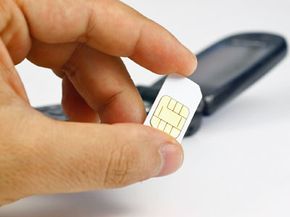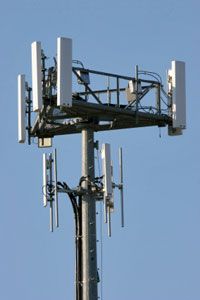Cell phones are an integral part of our lives. We use them to stay in constant contact with family, work and friends. We swap text messages (SMS) in traffic. We send tweets from the street. Heck, we even surf the Internet in the bathroom.
That's why our cell phones are so painful to give up when we travel to places where they don't work. In the past it could be very difficult -- or at least very expensive -- to use your cell phone outside of your home network. But the times are changing.
Advertisement
For years, cell phone carriers in the United States relied on technologies that were incompatible with those used in Europe, Asia and much of the rest of the world. Recently, two major U.S. cellular carriers -- AT&T and T-Mobile -- built nationwide networks based on Global System for Mobile communication (GSM) technology, the international standard for cell phone networks.
GSM has several advantages for international travelers and businesspeople. Since so many countries use the GSM standard (219 at last count), you can be fairly sure that your GSM phone will work no matter where your travels take you. That is, as long as your phone transmits on the right frequency -- more on that later [source: GSM World].
Even better, an unlocked GSM phone allows you to switch out the Subscriber Identity Module (SIM) card. -- the internal chip that stores your phone number and account settings -- for a local phone number. Outside of the United States, most GSM phones come unlocked, but inside the country, you need ask your carrier for a special code. So if you know you're going to be spending the next four months in Botswana, you can spend $20 for a local SIM card instead of paying hundreds of dollars in international roaming fees.
There are also several companies that specialize in international cell phone service. They sell special global cell phones with SIM cards that use the same phone number and connect to any local network seamlessly for relatively low per-minute calling rates.
But before we get deeper into how to use these exciting cell phone technologies, let's look at the mechanics of global cell phones.
Advertisement




